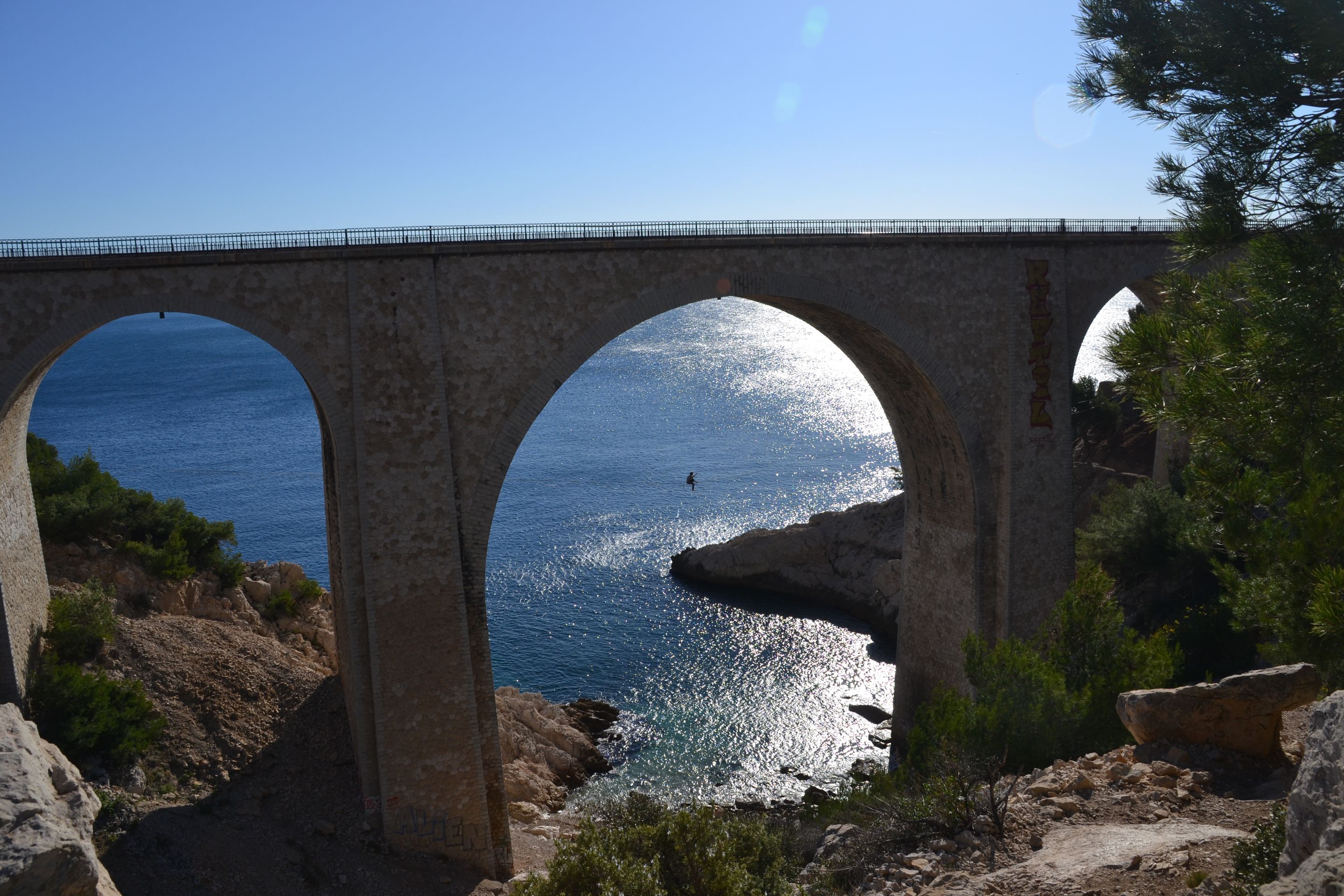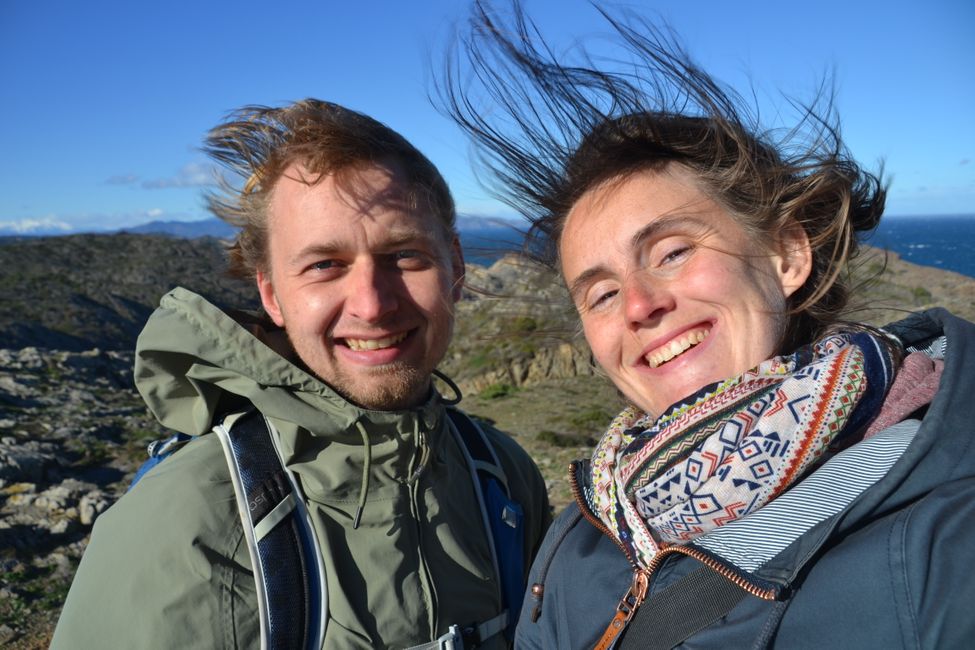#129 Shkodra - different than expected
Julkaistu: 28.05.2022
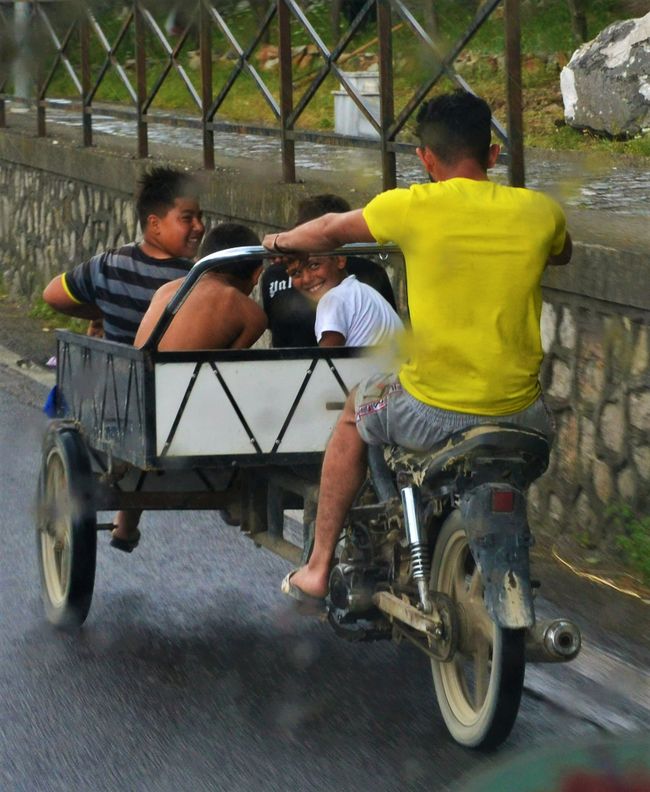
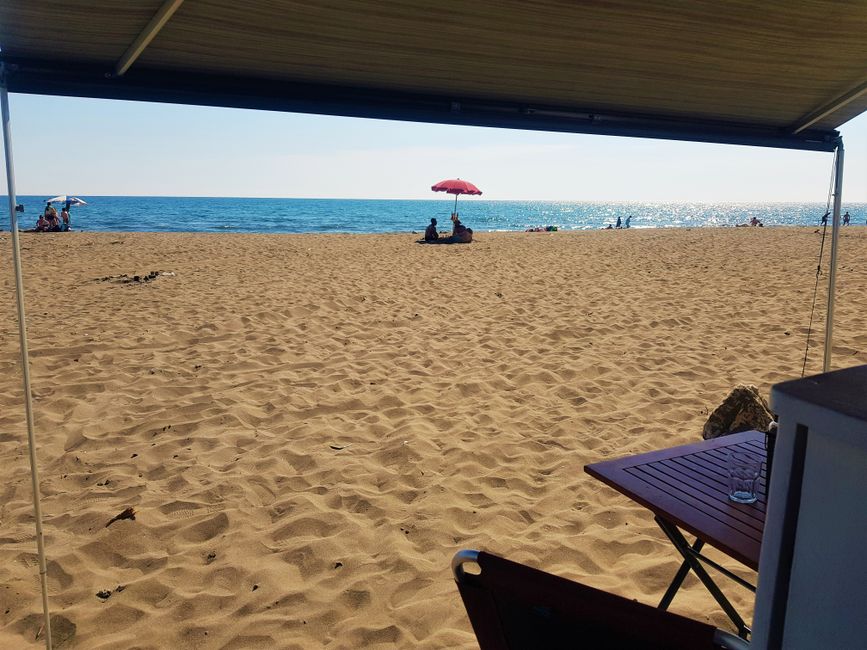
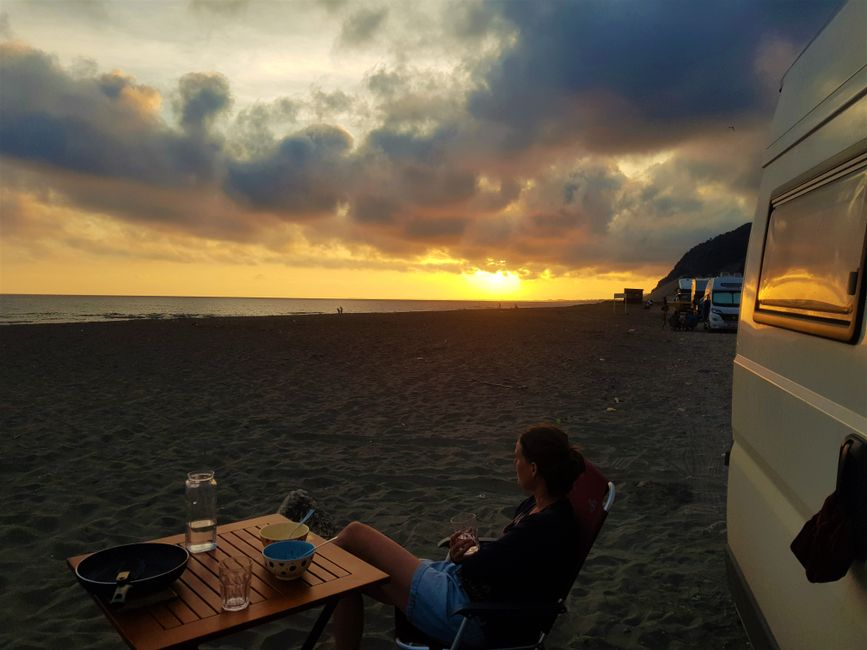
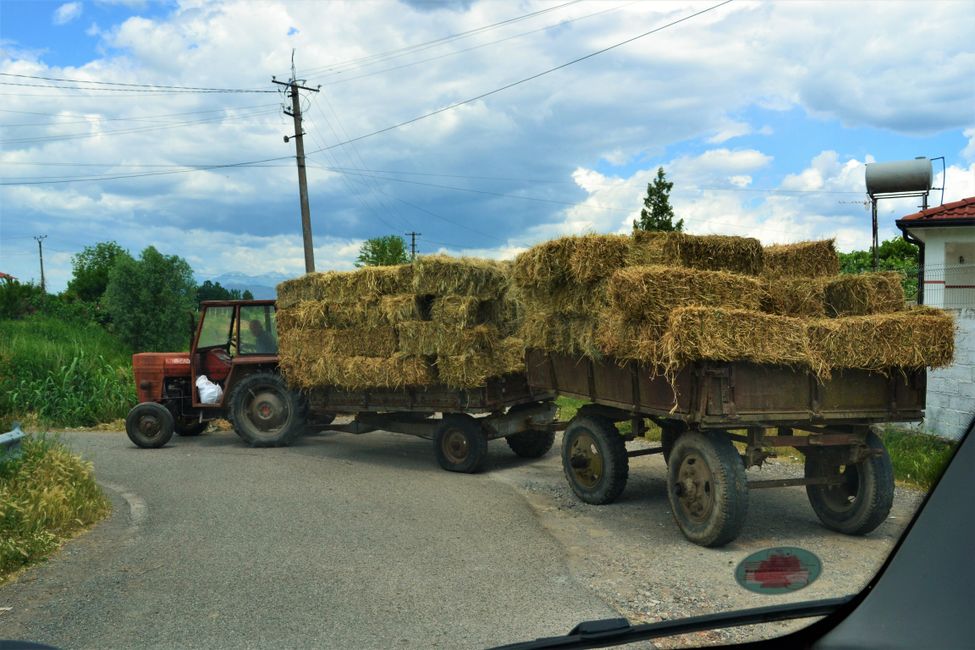
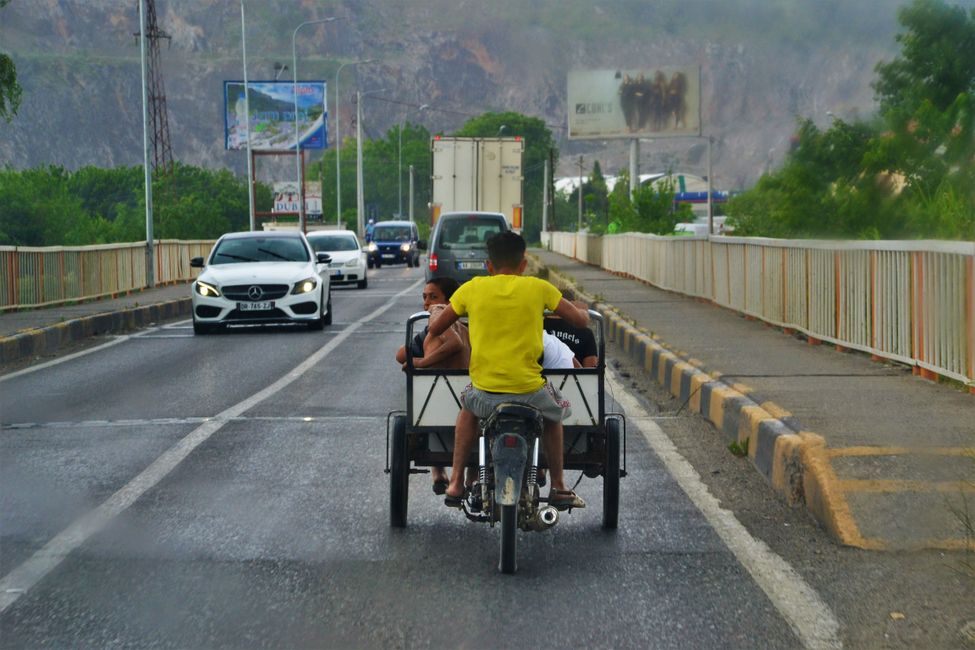
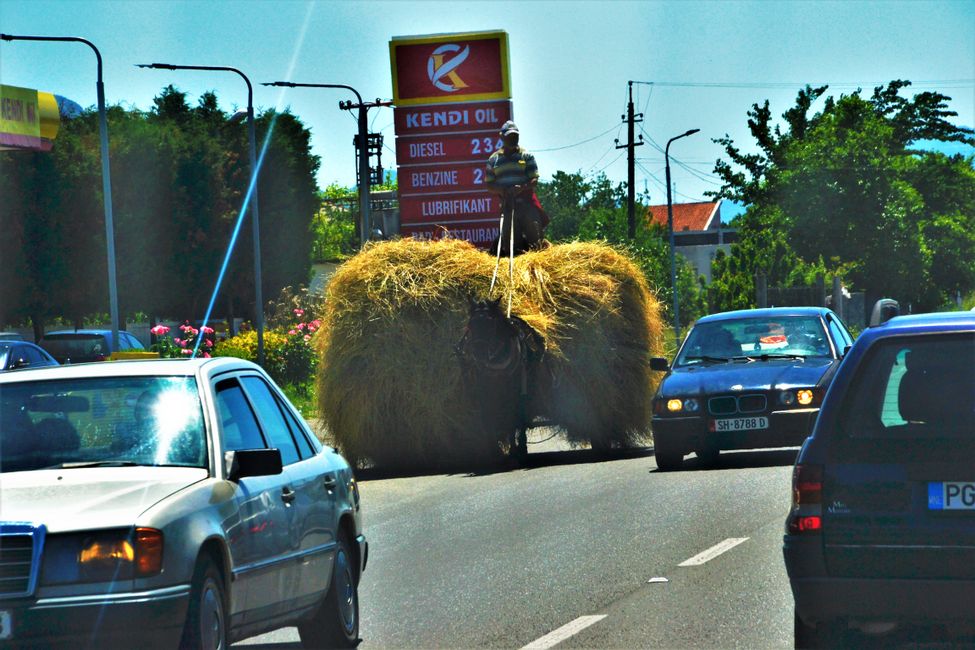
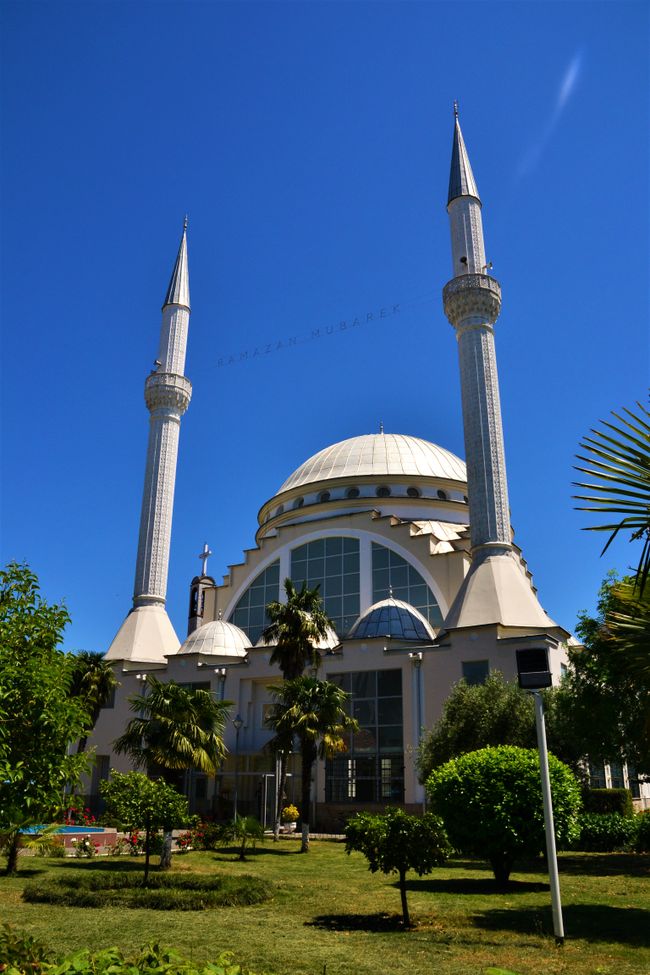
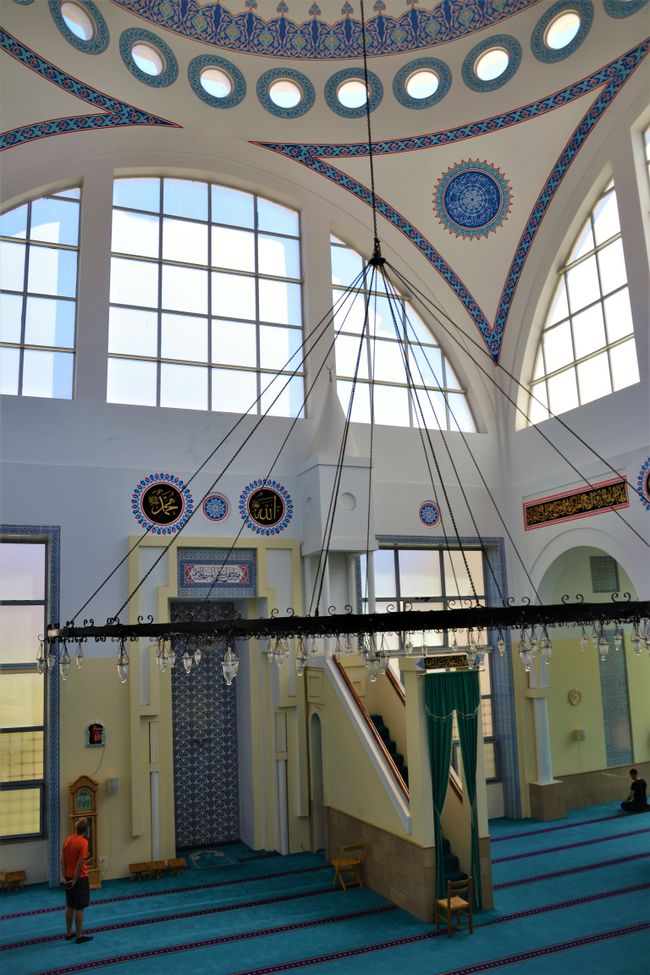
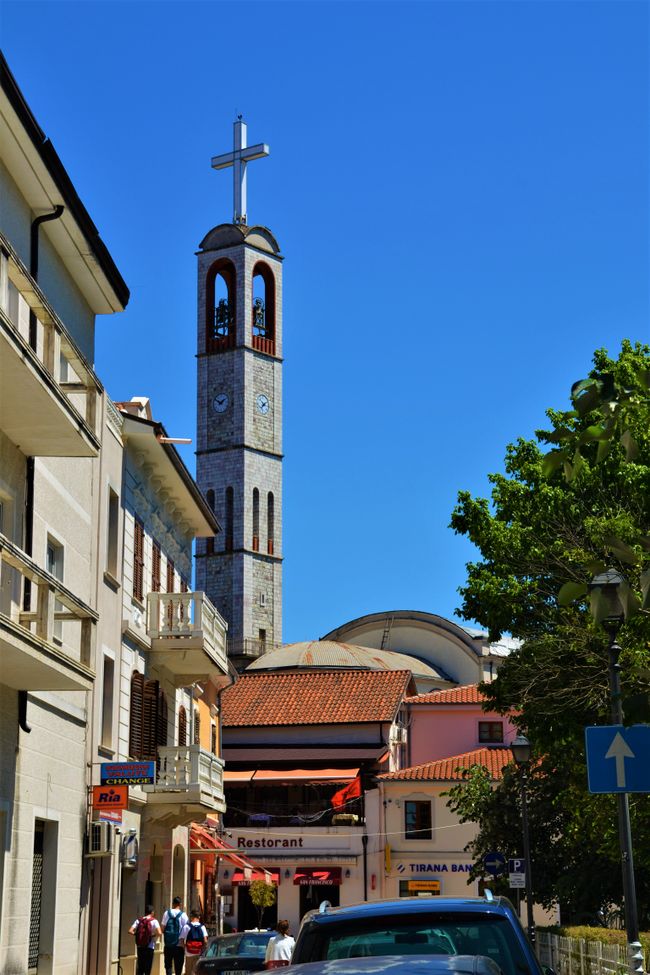
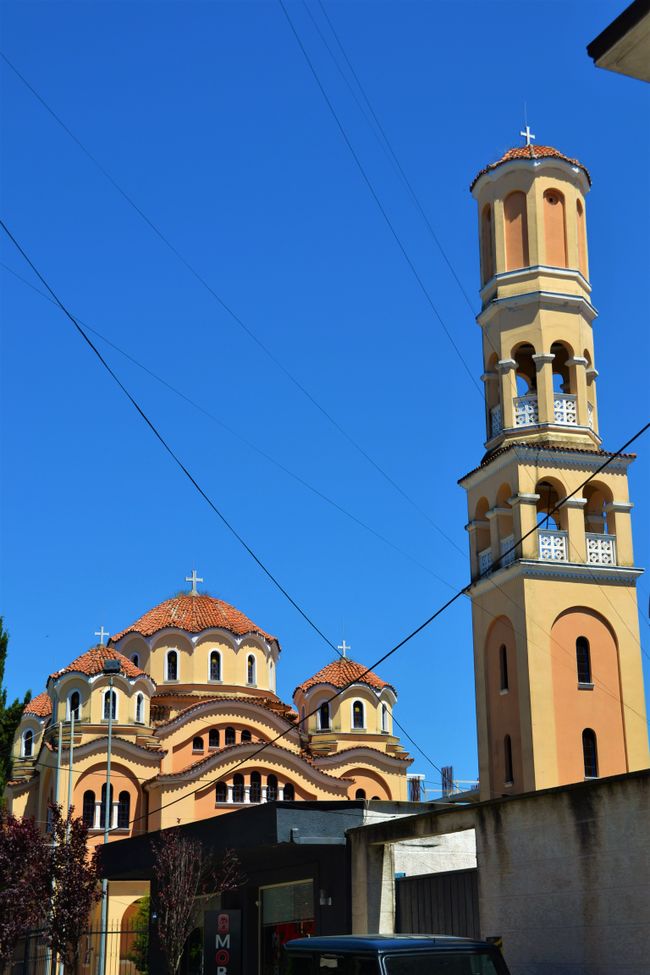
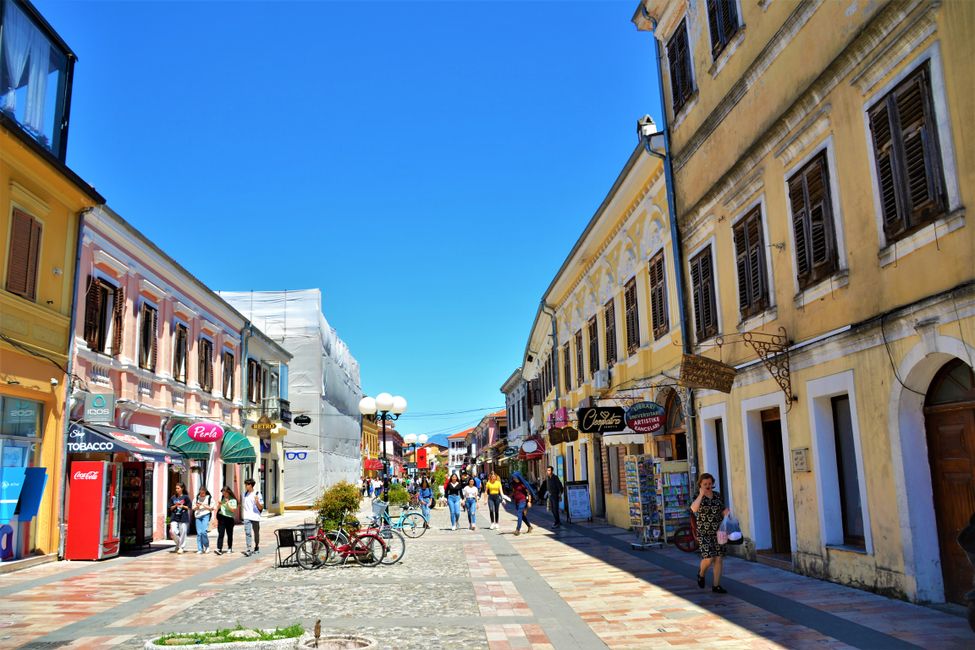
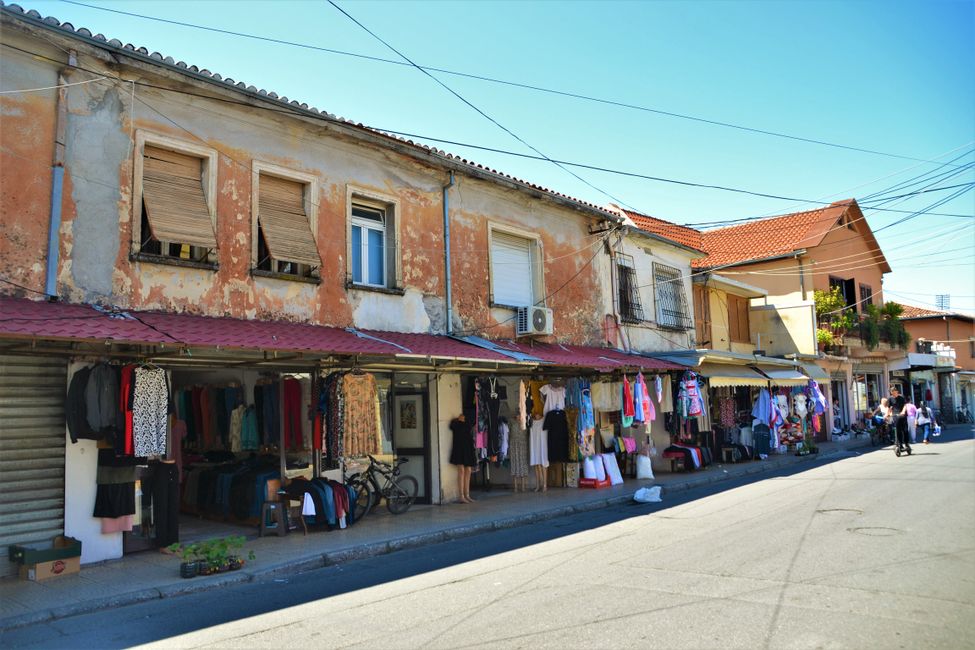
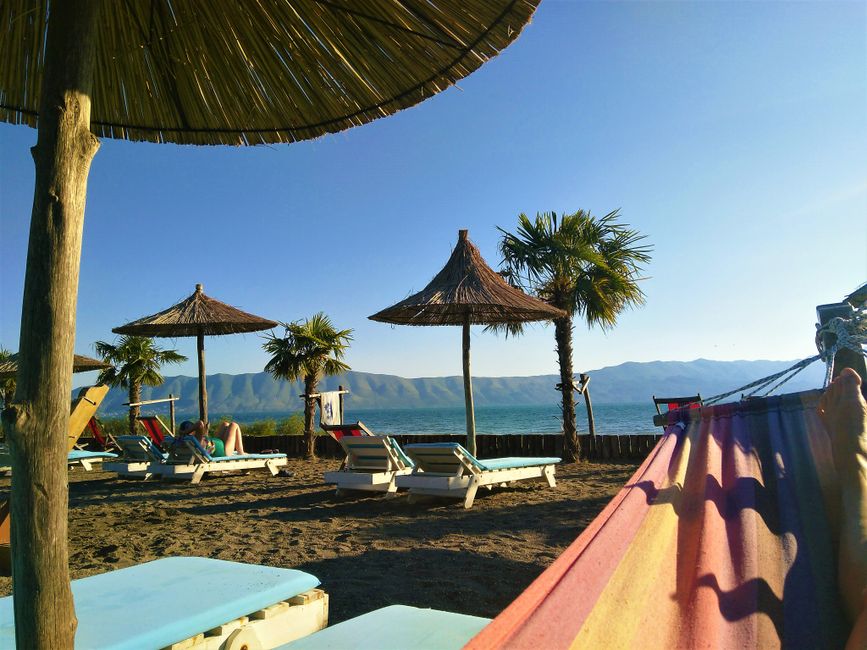
Tilaa uutiskirje
May 17-18, 2022: Shkodra, Shëngjin
J. We spent two days at Shëngjin beach. This place is known for attracting many people from Kosovo for their vacation, as it is the closest and most accessible beach from Kosovo. However, the people from Kosovo have also chosen a very beautiful beach. We drove through many hotels and construction sites for new hotels and at the end of the road, we arrived at a long sandy beach with no buildings, where we could park our feet directly in the sand. It was the most beautiful sandy beach we have been to in Albania so far. It was so beautiful that we enjoyed our time, swam, sunbathed, and hardly took any photos. We also took a short walk along the beach to a dune that was less reminiscent of the dunes on the North Sea (although the color of the beach and the entry into the water were very reminiscent of the North Sea), but more reminiscent of the dunes in the Sahara. It was extremely high and steep and quite impressive, even if you only went up a small section. (However, we did not bring a camera to the dune.)


Next, we went to Shkodra. Shkodra is the first stop for most travelers in Albania because the city is very close to the largest northern border crossing, and we had heard a lot about Shkodra. We were told that the traffic here would be particularly chaotic and the people particularly poor. Many people told us how shocked they were by the living conditions when they drove through Shkodra and how terribly privileged they felt. We also received information here that we should plan for up to two weeks for the culture shock that we inevitably experience when traveling to Albania. So I was very curious about this city.
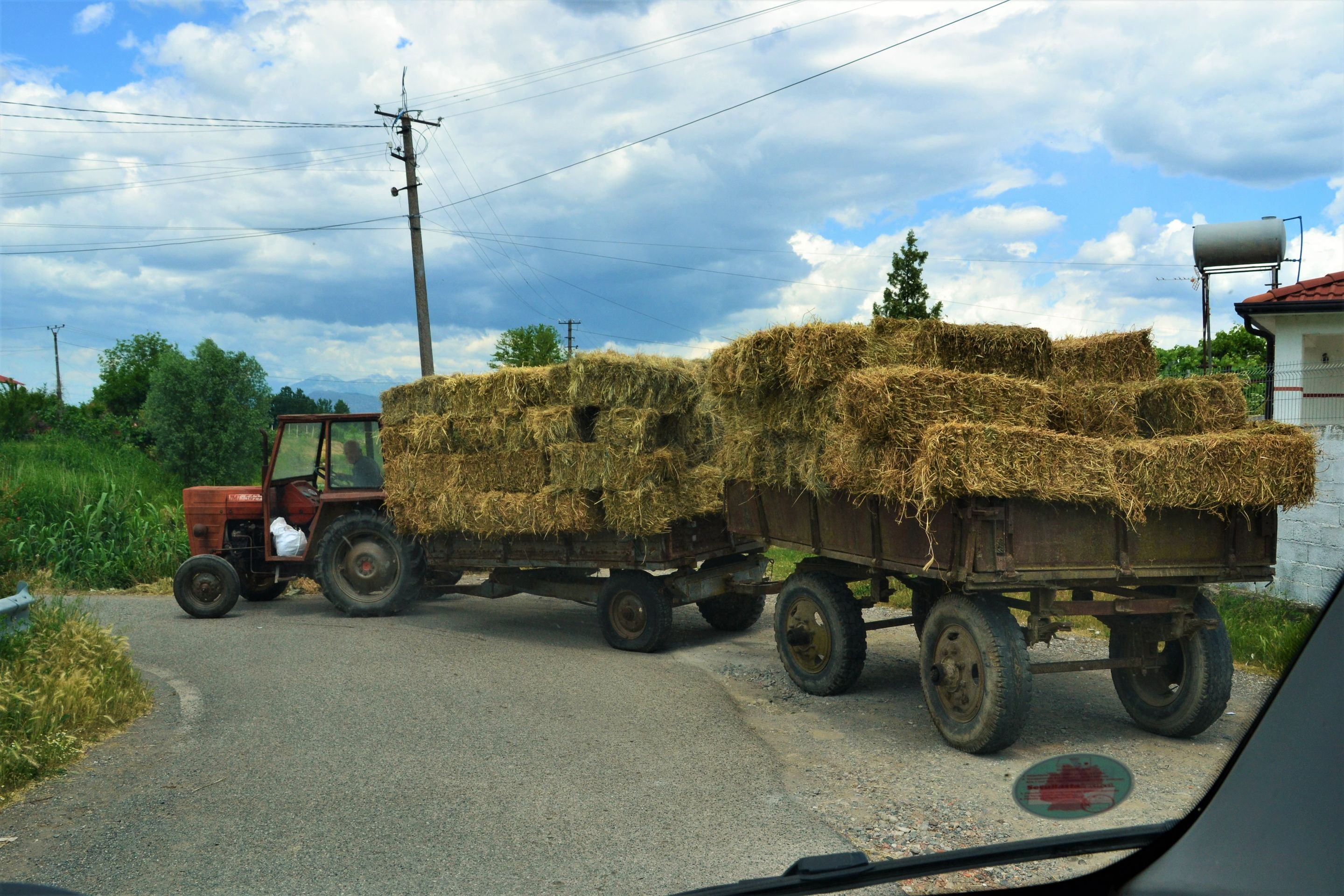
Maybe it was because of the many stories we had heard about Shkodra and our expectations of the city, but I cannot confirm any of the stories. When we drove into Shkodra, there was a sudden downpour and many people tried to quickly run or drive home. However, after being in Tirana, the traffic here seemed almost relaxed to me. The city has a ring road that allows you to bypass the city center very well, and there was not much traffic. Even when we drove into the city center the next day, the traffic was okay, and we even found a parking spot.
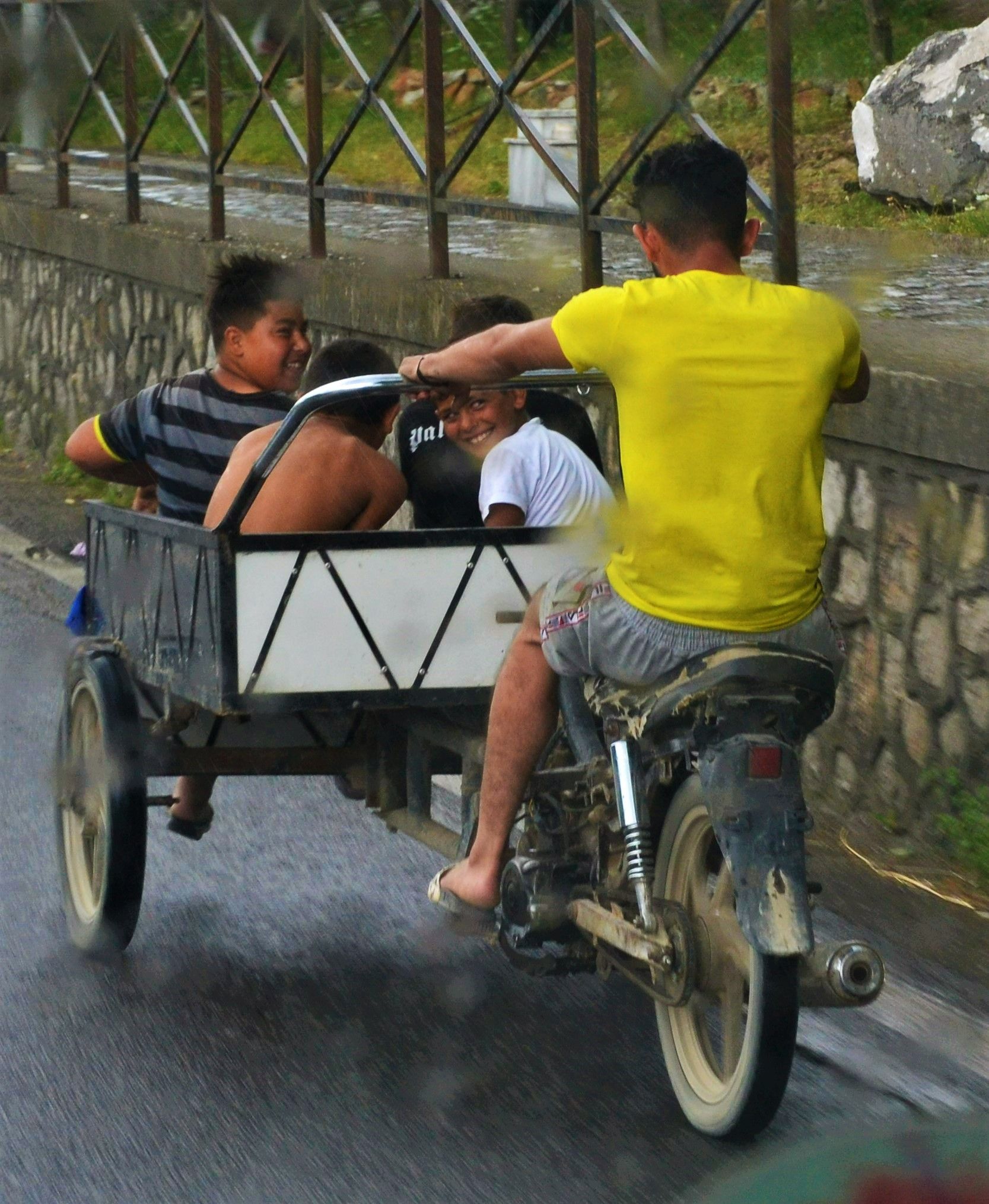

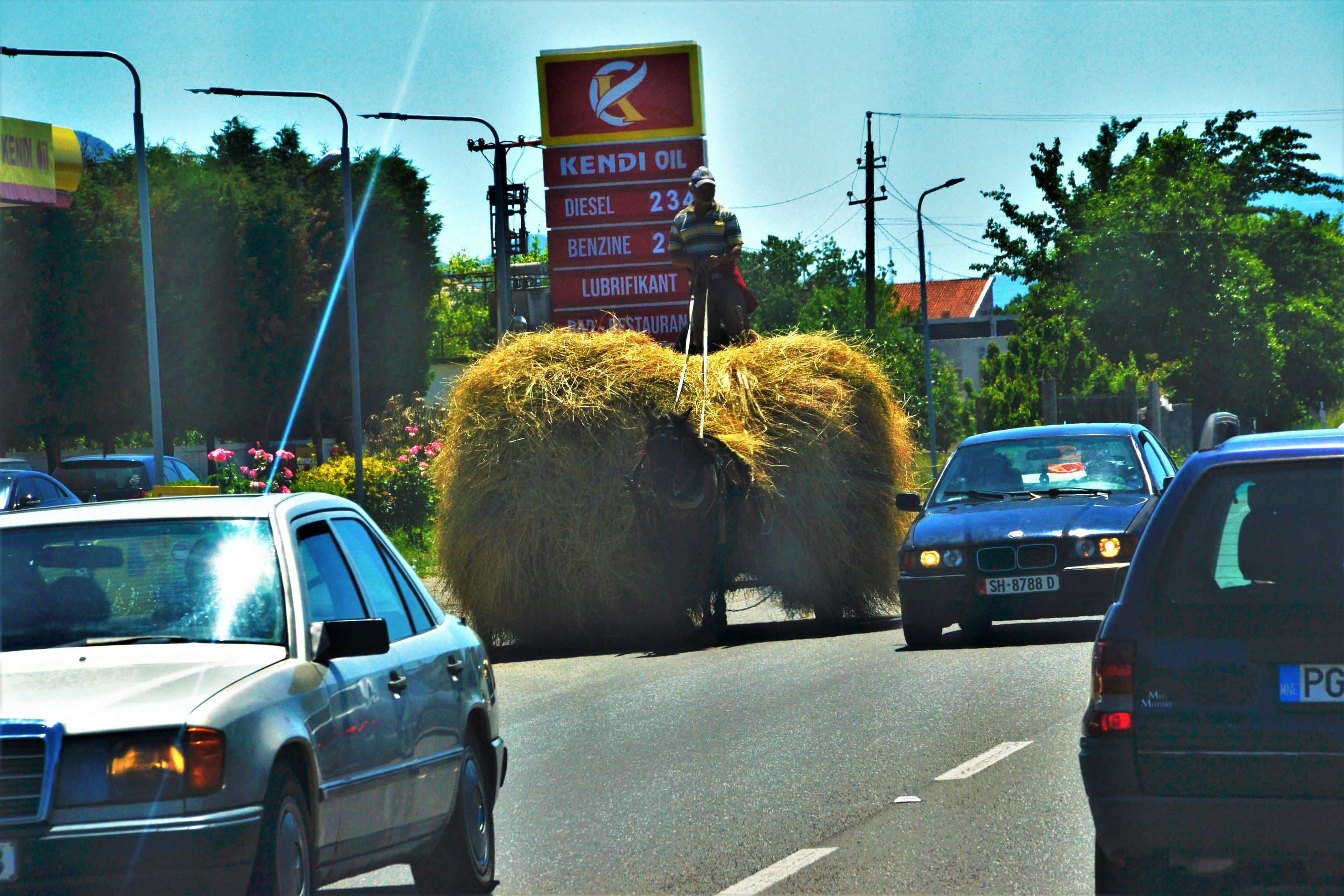
We spent the night at a super chic campsite because it had the best information about the so-called Albanian Alps, where we wanted to travel next (#130). Due to the large enclosed gate and the fence around the place, the campsite reminded us of a gated community because nothing inside reminded us of Albania at all. However, the place was beautifully located right on Lake Shkodra and very nicely landscaped.
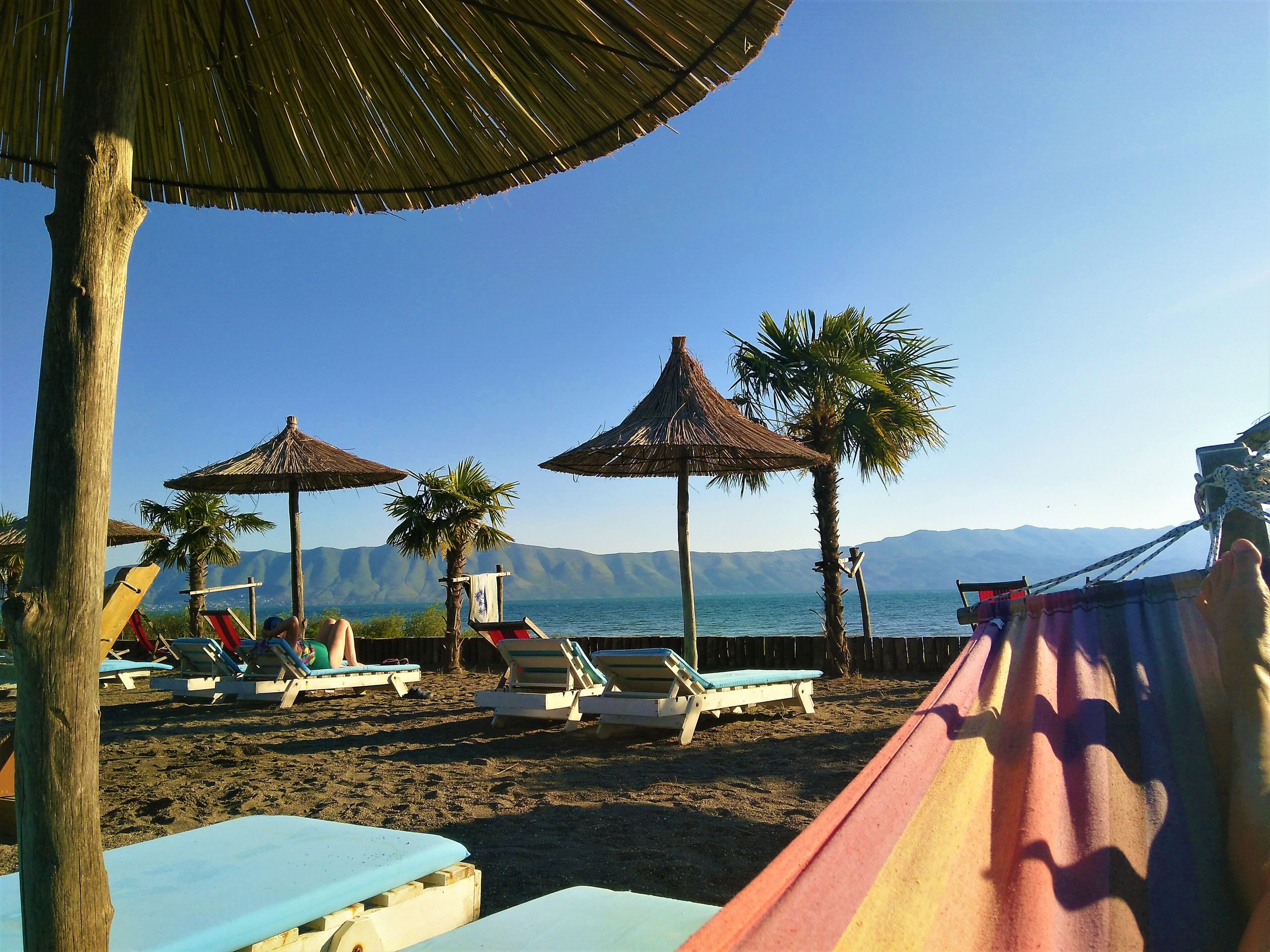
After we received all the information, we set off for the city center the next day. There were many small shops here that resembled German garages, but nothing seemed particularly poor to me and I didn't feel more privileged than elsewhere. However, we had already been to Southeast Asia, and I had also been to Togo, Africa. This experience certainly influenced our perception. In fact, some of the stores reminded me a bit of Vietnam.
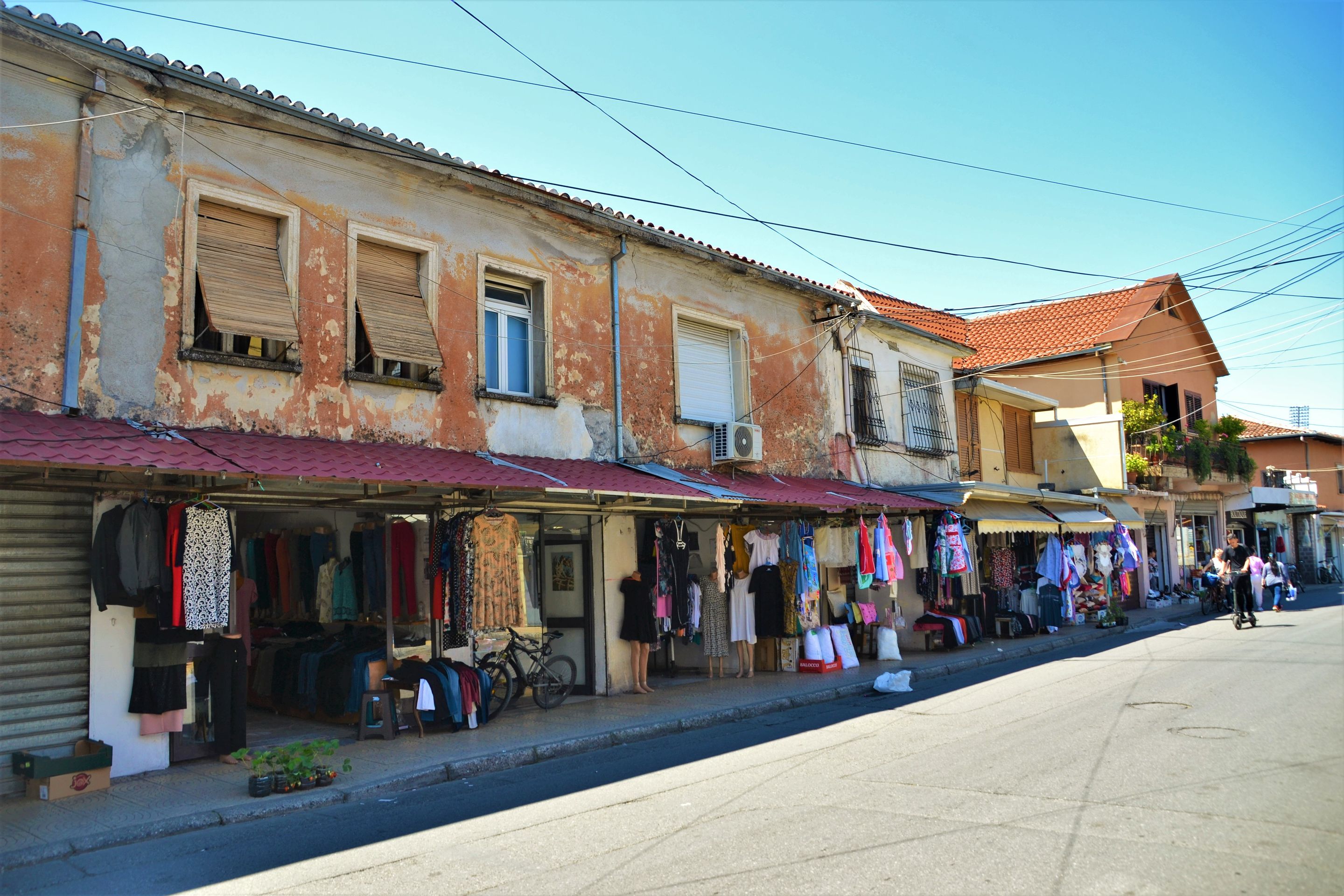
The city center of Shkodra is quite beautiful. The many cafes and restaurants are busy, many young people sit on the terraces, and the pedestrian zone is lively.
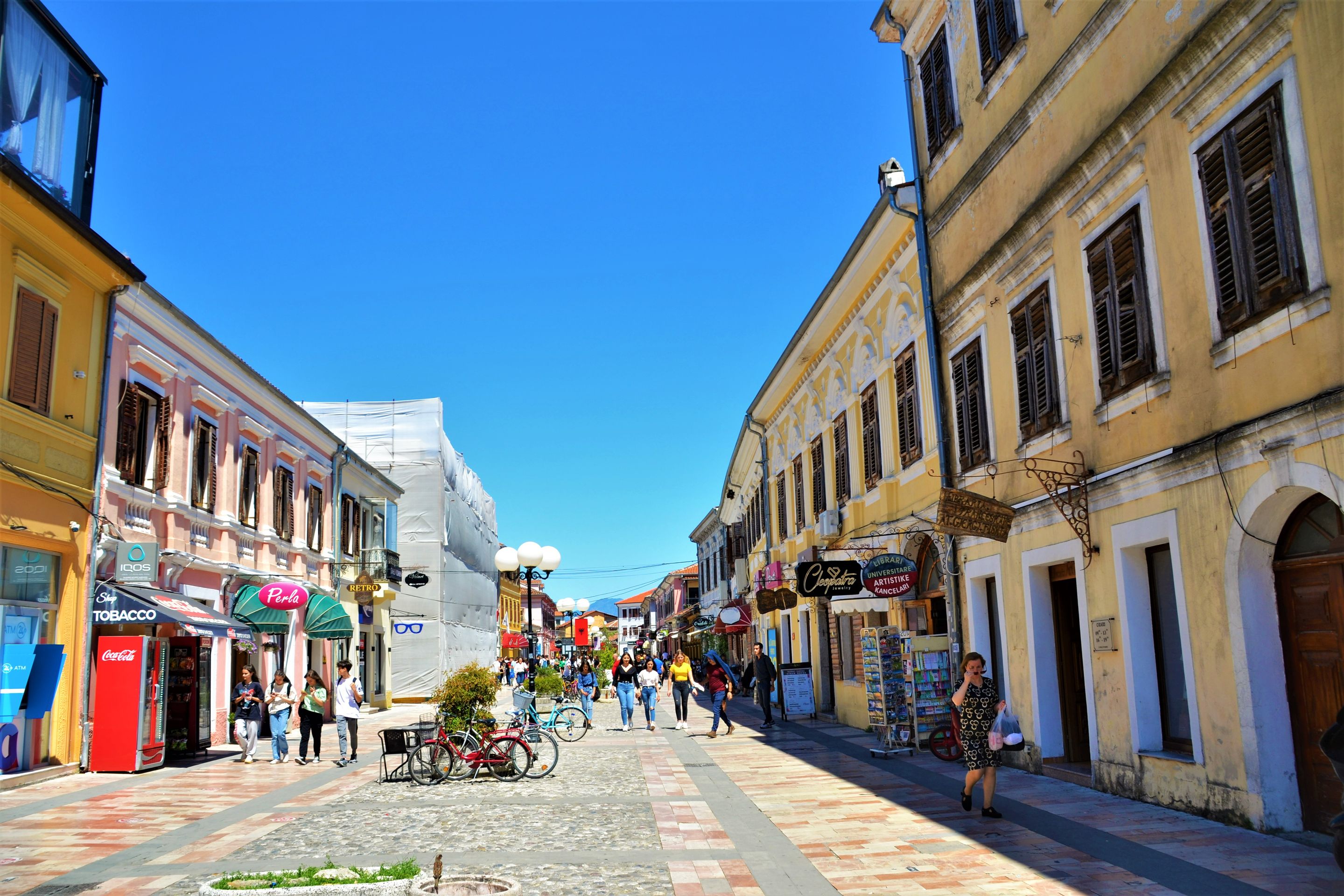
Close together are the main mosque, a large Catholic church, and a large Orthodox church, all of which are very distinctive and easily recognizable in their architecture. I think this symbolizes the three religions in Albania very well. 60% of Albanians identify as Muslims, 13% as Orthodox, and 7% as Catholic, with 90% not practicing their religion (the rest are atheists). Despite the relatively small percentage of Christians in the population, all three places of worship here in Shkodra are similarly large and beautiful. All religions in Albania are considered equally important, just like in Vietnam all Catholic, Orthodox, and Muslim holidays are celebrated. Religious tolerance in Albania is unmatched.
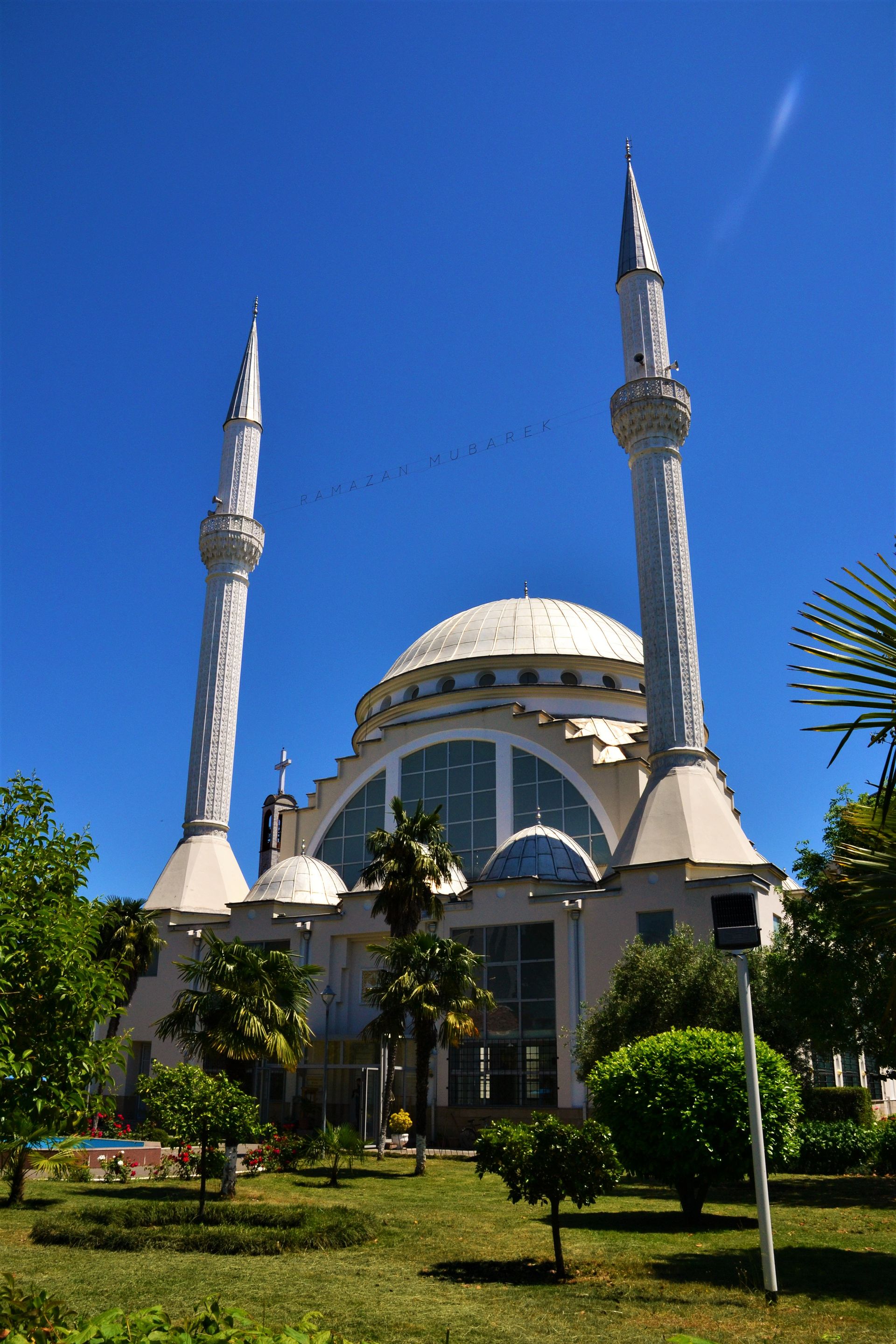
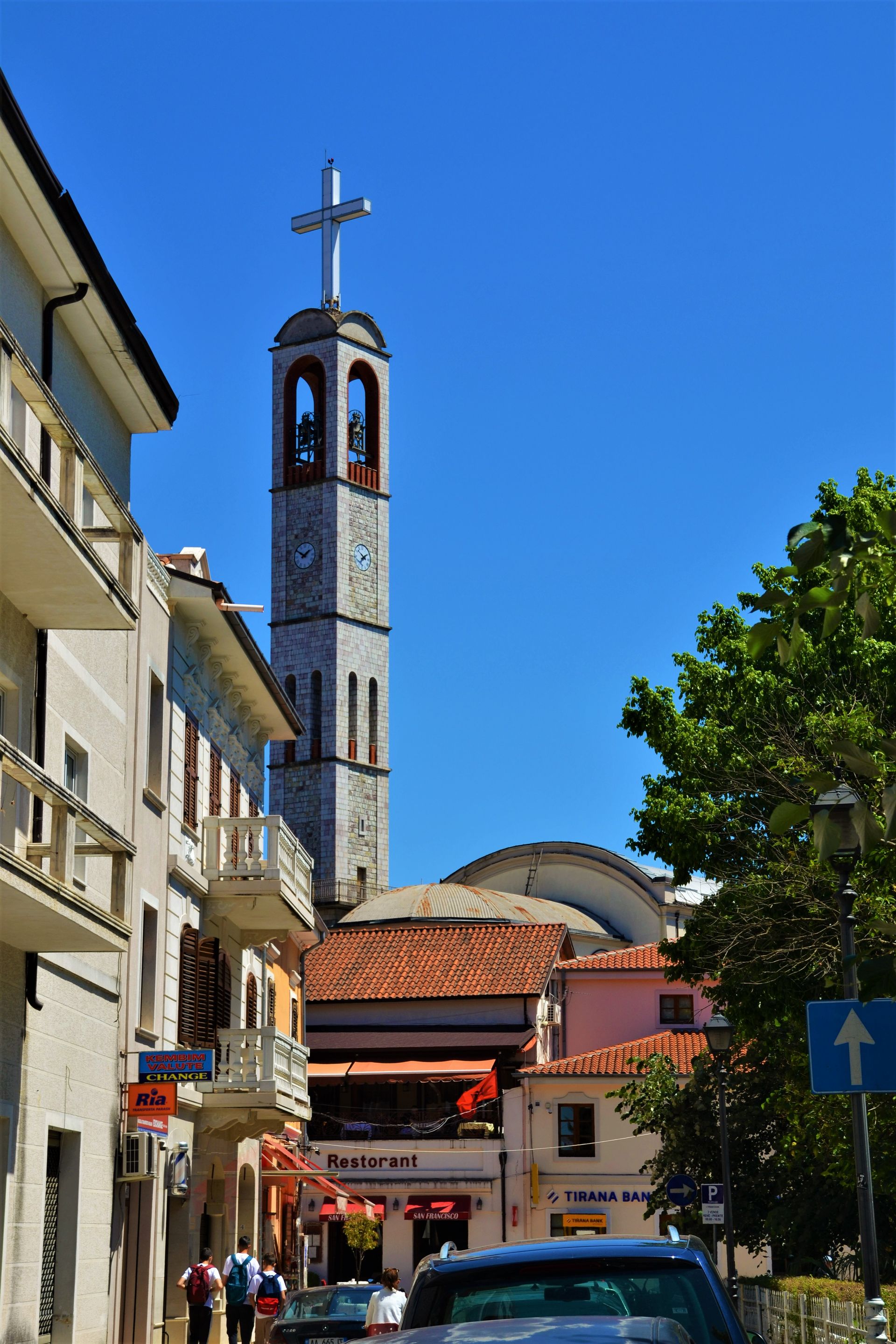
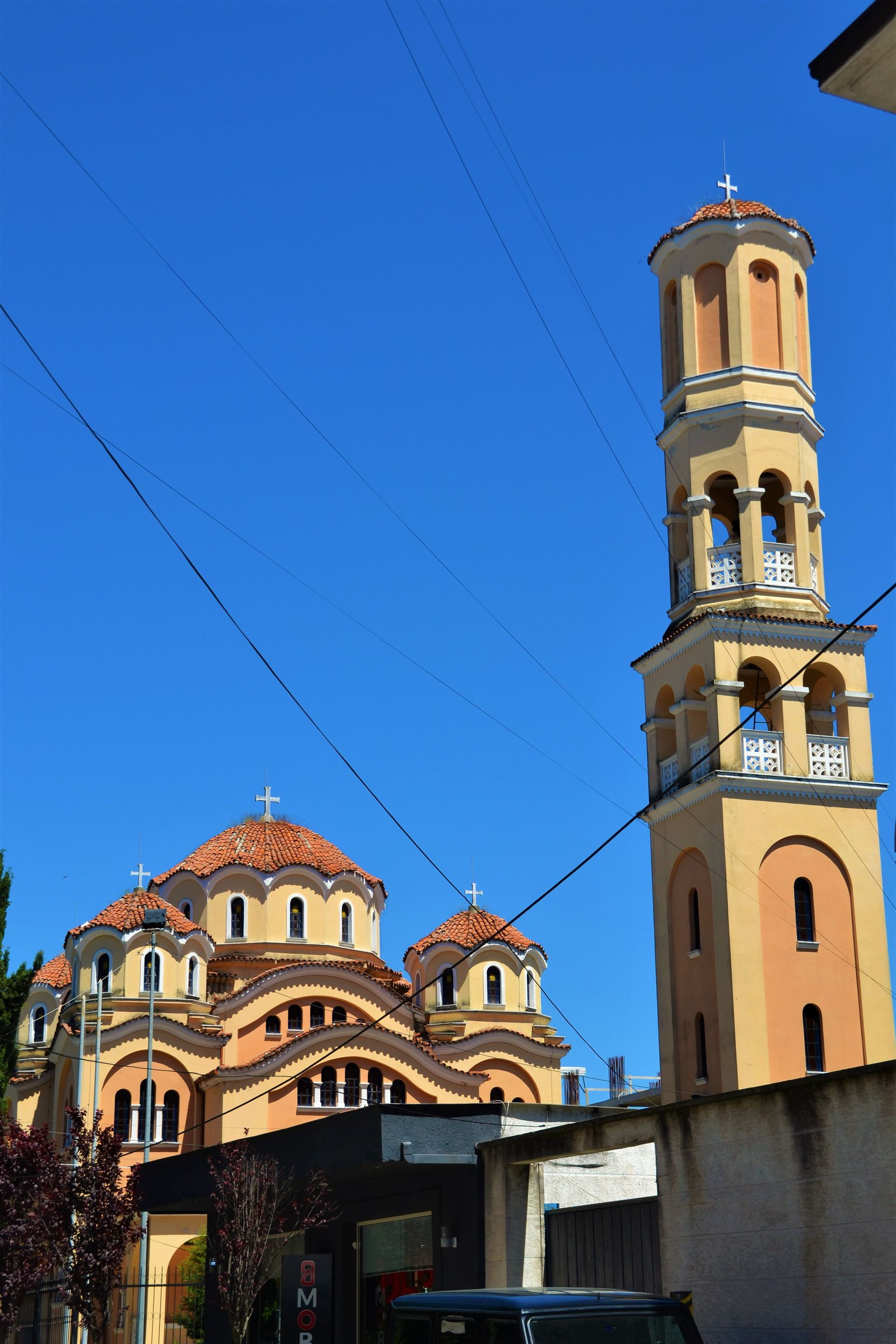
We visited the mosque (the two churches were unfortunately locked). I was only allowed to enter through a side entrance, through a staircase to the gallery, from where there was a great view into the main room of the mosque, where Florian talked to a mosque employee. Apart from this gender separation and the requirement to take off our shoes, there are no rules. In all places of worship in Albania, it is allowed for everyone to pray, regardless of their religion and which god they worship.

Pope Francis wanted to present this religious tolerance to the world by making his first foreign trip, as the first pope ever, to Tirana, the capital of a country with only a few Catholics. Nevertheless, the square was more crowded than any football match or any other event, and the majority of the cheering crowd were not Catholics and not even Christians. This extraordinary tolerance, which is not only tolerated but even supported in a friendly manner, is a positive legacy of the communist leadership, which once declared the world's first atheistic state. All religions were banned for about 45 years, so now, unlike in many other countries, the religions in Albania are attracting more and more followers and new places of worship are being built.
Day 215 - Total tour 16,137 km
---- Subscribe ----
If you want to subscribe to our blog, you can either sign up on Vakantio and click on subscribe or send us a message and we will add you to our own distribution list. Of course, we also welcome feedback!
Mail: querfeld2@gmail.com
Tilaa uutiskirje
Vastaus
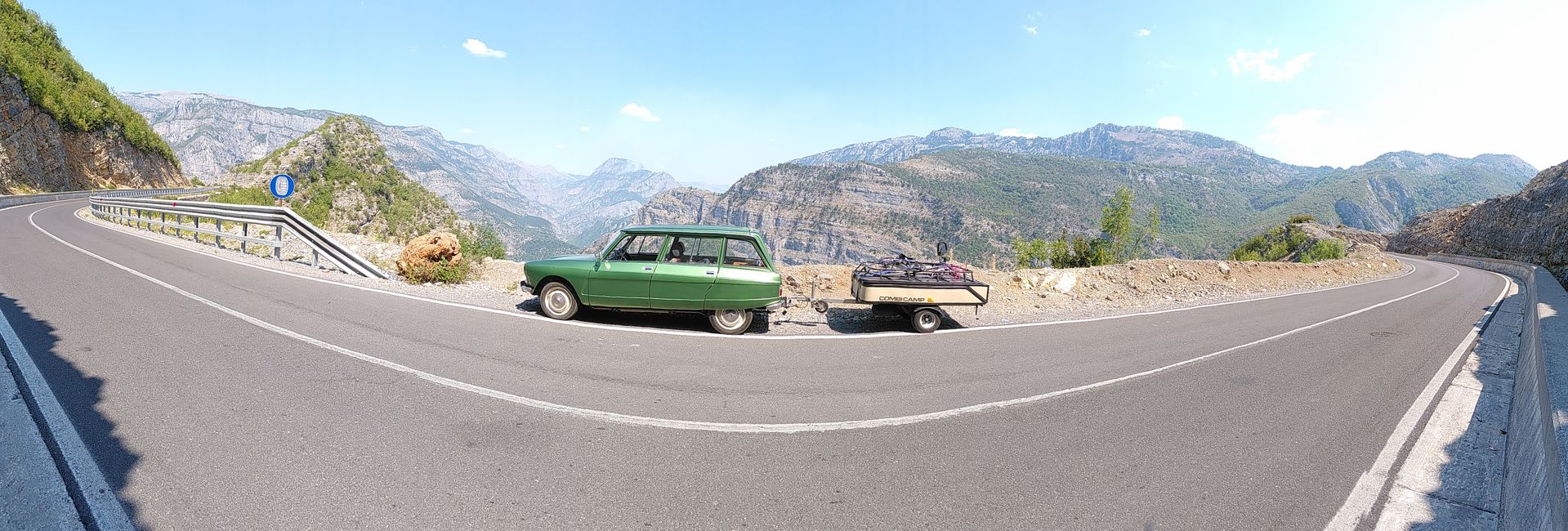
Matkaraportit Albania
